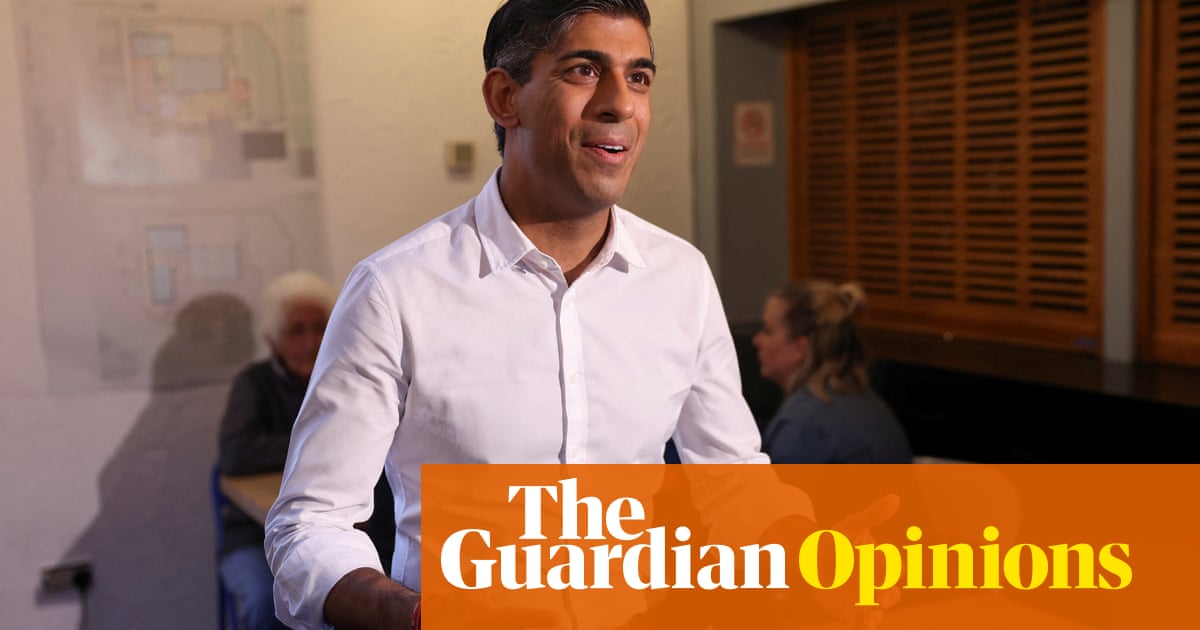
One of the first comedy routines I can remember seeing was Les Dawson, on some Saturday night light entertainment show, playing the piano badly, which he did well. It takes mastery of the music to get the right notes wrong.
It is the technique that Boris Johnson uses when speaking French. “Prenez un grip,” was his response to fury in Paris at the Aukus security deal with Australia and the US that was agreed behind French backs. “Donnez-moi un break,” the prime minister added.
Regular viewers of the “Boris” show are familiar with his franglais routine. The international audience is no longer shocked by vaudevillian theatrics from the prime minister of a formerly serious country. As with Dawson’s fat-finger piano shtick, Johnson knows what proper diplomacy should sound like, which is how he is able to get it so precisely wrong.
The prime minister’s education, upbringing and professional experience afforded him lavish exposure to European cultures and global institutions. He can speak French properly if he needs to. He is a true cosmopolitan in every respect apart from the political posture he found expedient to adopt in pursuit of power. One of the skills he brought to the Brexit project was a truly globalised perspective, which he deployed to draw the most cartoonish fantasies about Britain’s place in the world.
That combination of pompous internationalism and wilful parochialism is now official government doctrine. It has been expressed in various different voices at the Tory conference in Manchester. Liz Truss, newly promoted to foreign secretary, made a speech promising to build “a network of economic, diplomatic and security partnerships” with a list of allies that included Gulf autocracies but not the EU.
The following morning, David Frost, Brexit minister, described EU membership as a “long bad dream.” Significantly, Frost includes the treaty he negotiated with Brussels as part of the nightmare, which is why he does not feel bound to honour its terms. The man whose job should be restoring functional diplomacy across the Channel is instead trumpeting the “British Renaissance” that will be stimulated by severance of continental ties.
When Rishi Sunak addressed the conference that afternoon, he restated the faith that had led him to vote leave in 2016. It was, he said, a point of principle, guided by the conviction that “flexibility and freedom” from Brussels would be more valuable than “just proximity to a market.” The chancellor’s vision is Britain as “science superpower” and “the most exciting place on the planet”. In that brave new world, there will be no more need for continental lorry drivers. The petrol stations will presumably be supplied by autonomous vehicles, maintained by highly skilled indigenous workers on lavish salaries.
Sunak didn’t complete that last part of the picture explicitly but it is the trajectory implied by much of what ministers have been saying in Manchester. Johnson has set the tone in interviews before and during the conference, arguing (with typically tendentious use of statistics) that wages are rising because demand for labour exceeds supply. This is posited as a healthy correction to previous reliance on immigration. In other words, supply-chain disruption, queues for petrol and empty supermarket shelves are the birth pangs of a post-Brexit order; not so much a crisis as a catharsis. The discomfort will pass in due course, leaving the nation purged of its addiction to the foul and unpatriotic habits of commerce that held sway before January 2020.
Michael Gove went so far as to describe blights of inequality and poverty pay as a function of the “old EU model” that voters had roundly rejected. In reality, Brussels never insisted on low wages and meagre workplace rights. British governments exercised their sovereign power (even as EU members) to choose those conditions, often demanding special treaty exemptions when continental neighbours preferred labour protection. But Gove was narrating history in the revolutionary style of the Vote Leave campaign, which attributes everything rotten in the state of Britain to the epoch of misrule by establishment remainers.
It is a device for resetting the clock on 11 years of Tory incumbency. Theresa May and David Cameron belong to some other regime. Counting on the revolutionary calendar, this is year two, and since most of that period has been lost to the pandemic, the real work is only just beginning.
Perhaps Johnson has no choice but to present economic difficulties as temporary turbulence in the transition to a brighter future. He appears still to enjoy considerable benefit of the doubt in public opinion, or at least the chunk of it that wanted Brexit and is feeling no great pang of buyer’s remorse, nor much magnetic pull to Labour. In such conditions, riding out the storm with the usual tricks of bravado and bonhomie might be as good a plan as any. It depends how long the storm lasts, and what kind of stomach the prime minister has for choppy water. He is more showman than helmsman and the dying of applause will soon make him queasy.
Revolutions have a habit of turning nasty when their advertised benefits are slow to arrive. The more utopian the rhetoric that describes the destination, the less likely it is to be reached. The Tories could have used their conference this week to manage expectations, to re-engage with mundane concepts like geography and economic gravity. Instead they are celebrating an embarkation, setting sail for the promised land of Brexit, with only Boris Johnson’s hastily scrawled cartoon drawing of the world for a map.
Rafael Behr is a Guardian columnist












